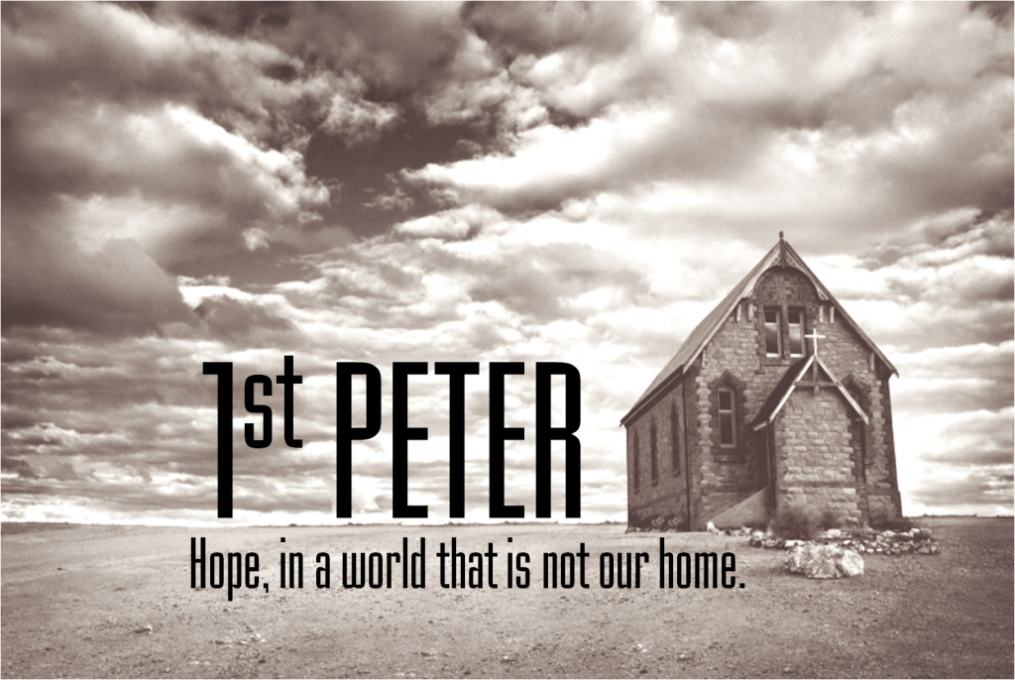In my life, I have attempted to learn five languages other than English. Those forays include ten semesters of college level or higher language study, one period where I lived in the country of the language I studied, and two languages that could have directly and routinely helped me in my work.
Yet what do I have to show for it? I can ask to use the bathroom in French. I know that in Italy people repeat the word “Ciao” two or three times when they say it. And I will forever have the memory of my college Spanish professor asking if I had a hearing problem during an oral exam. All those classes, all that effort, and that is the list.
So, it was pretty disheartening when I stumbled upon Dallas Willard explaining that Christian discipleship is a lot like learning a new language. Faith formation doesn’t come “naturally”. It requires daily effort, and it helps to have others around to speak the new language with you. As I reflected on the analogy, it all made sense, but with my history, that just left me depressed.
But then Willard made a connection to language and discipleship I had never thought of. He said while it is true that many people never see a language they set out to learn all the way to fluency, there is one group of people that have a much better success rate: people learning English.
Why? Because most of those people see the ability to speak English as a need. They have a vision for life where learning this language wouldn’t just be helpful or nice but integral to who they want to be. As Dallas Willard puts it, people learning English have vision for their effort. They have an understanding of the world where this new language is critical.
And friends, Christian discipleship demands the same thing. We need vision. Without vision, we will struggle to be disciplined in and prioritize our faith. We won’t be as willing to struggle, fail, and persevere.
Which is why I am so excited about our first sermon series of the Fall where we will go through the book of 1 Peter. We are calling it “The Characteristics of Kairos,” because not only does 1 Peter provide a vision for Christian discipleship, it does so in a context that looks remarkably like our own. 1 Peter takes seriously the challenges and pressures of being a citizen of God’s Kingdom even as we still very much live in the world. In short, this book invites us to see the gift of living in a “God appointed moment.”
Therefore, my prayer as our church community heads into this next season is that through worship, small group studies, and a Sunday morning class all engaging 1 Peter we will begin to see our faith not as “a nice addition,” but the very centerpiece of who believe we were created to be.
As 1 Peter makes clear, this kind of vision does not make life easier. No, it does more than that. It provides a hope grounded in eternal things, a desire to love sacrificially, and a peace that passes understanding. I can’t wait to see how God invites us to lean into and learn this new language.
Grace and peace,
Drew

Posted in Uncategorized